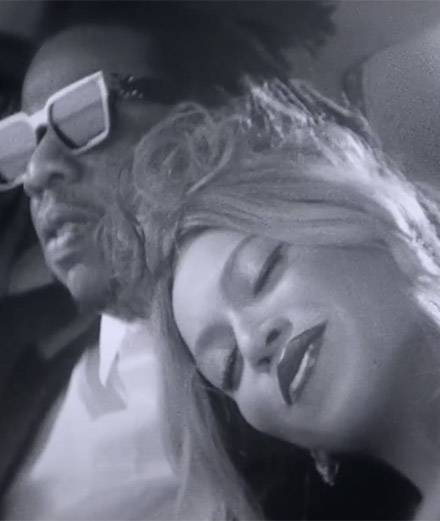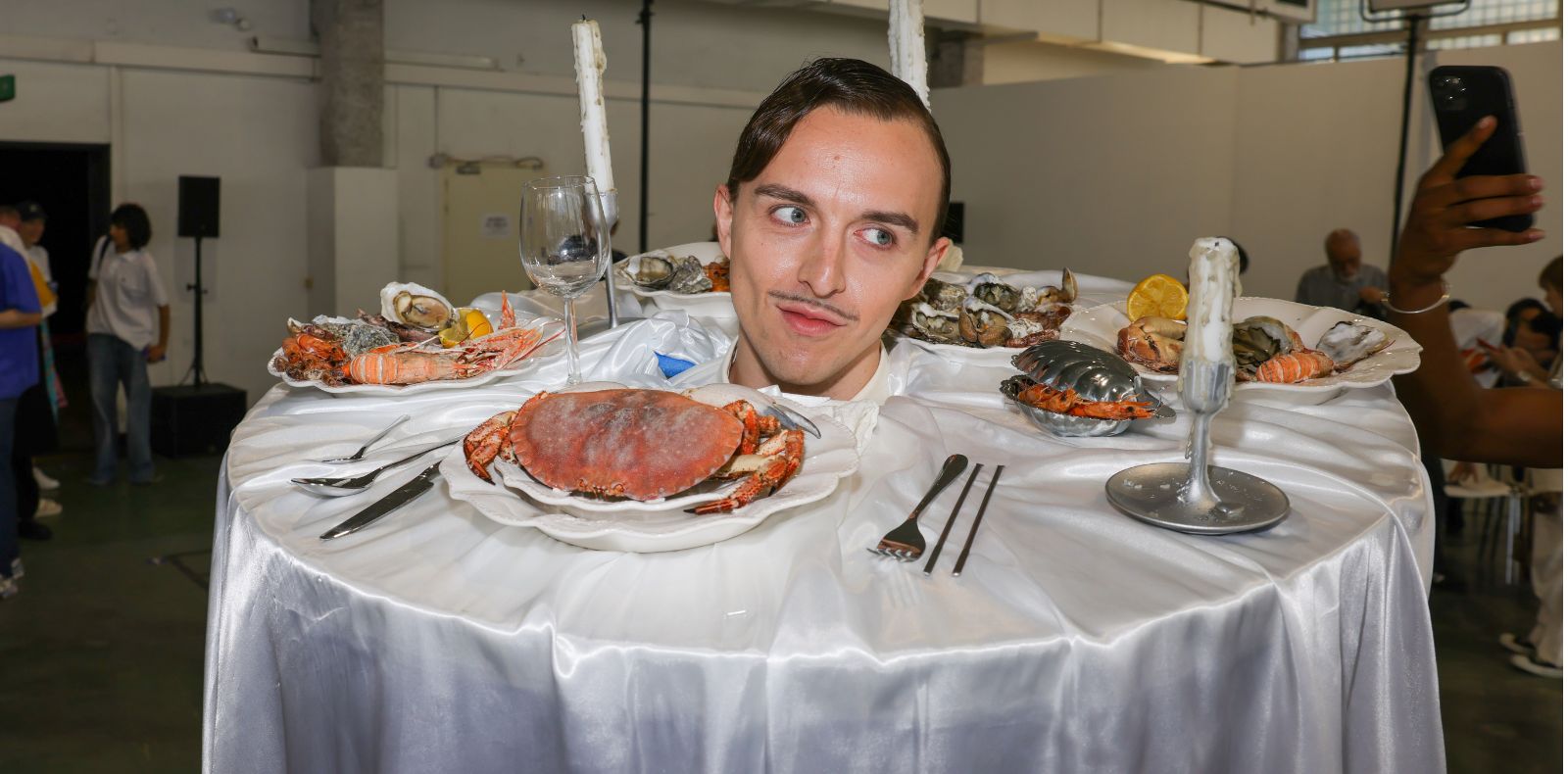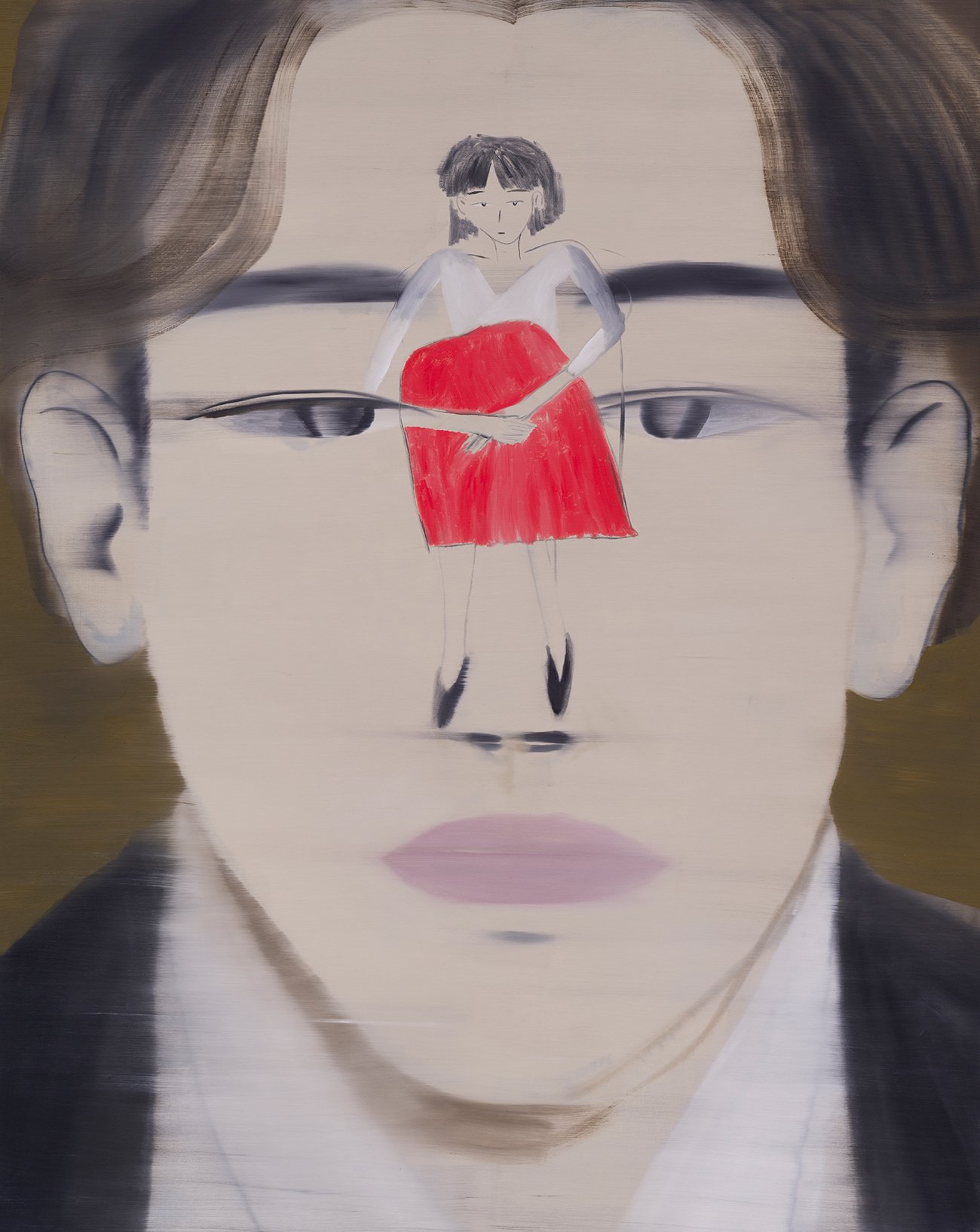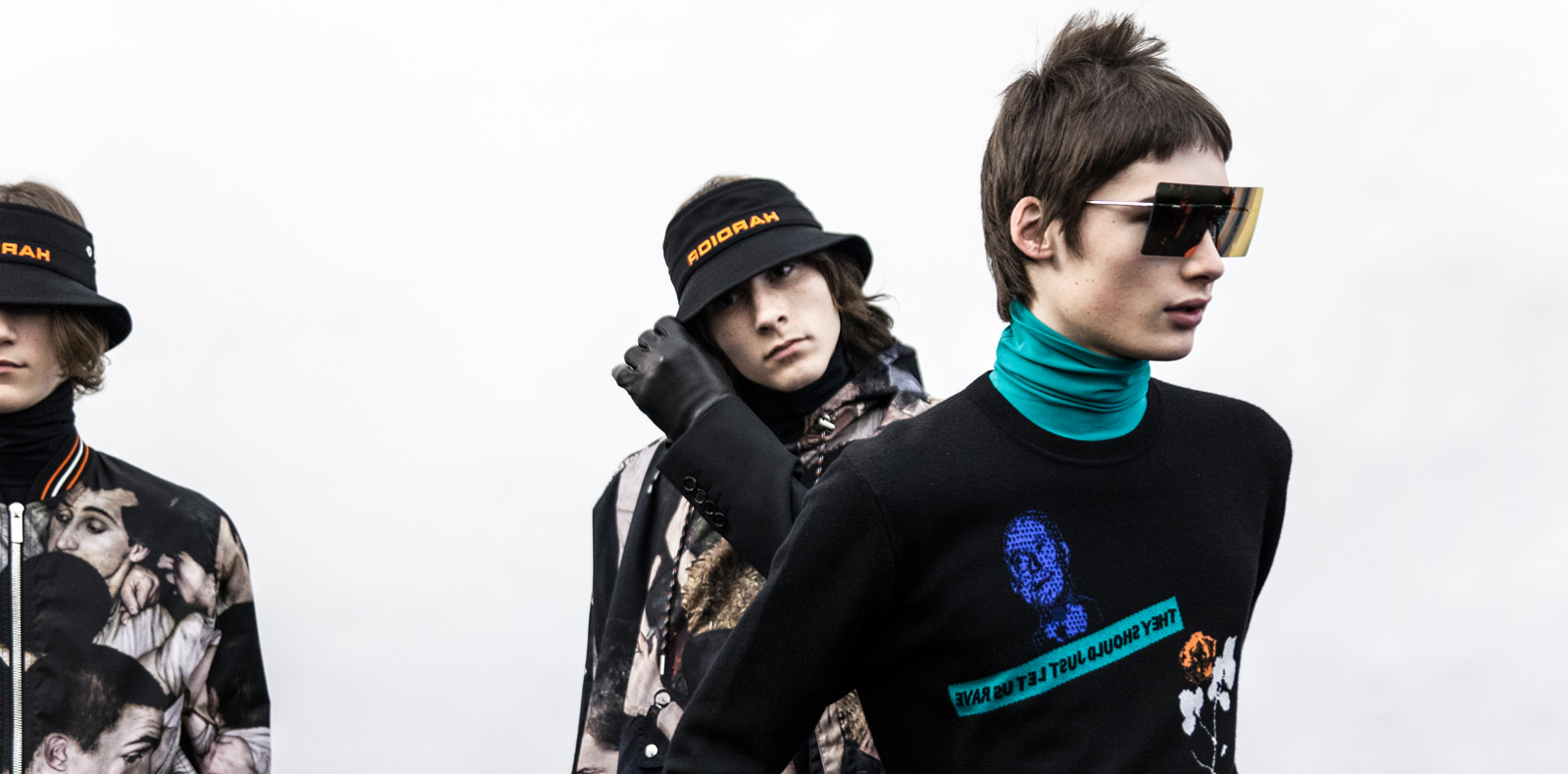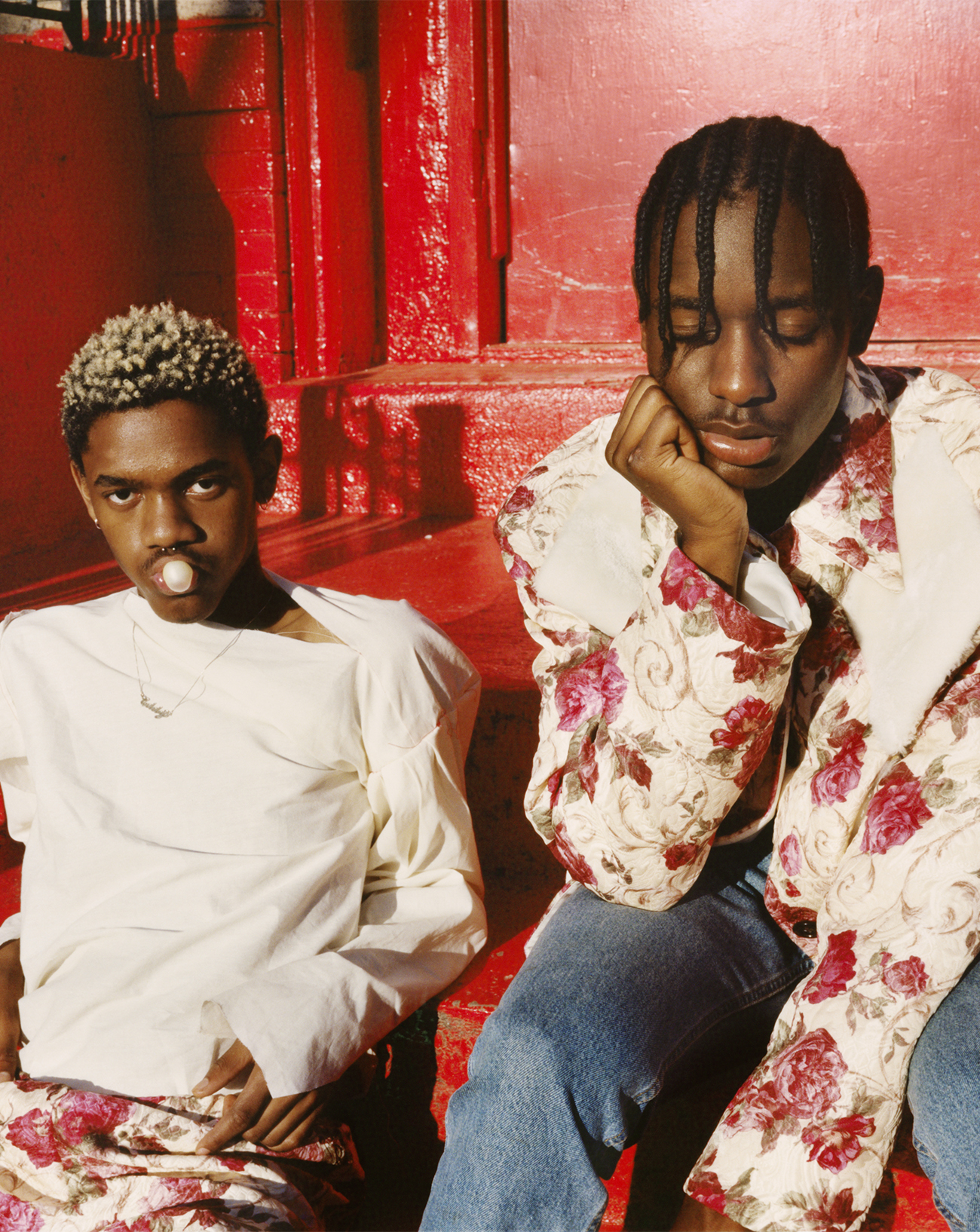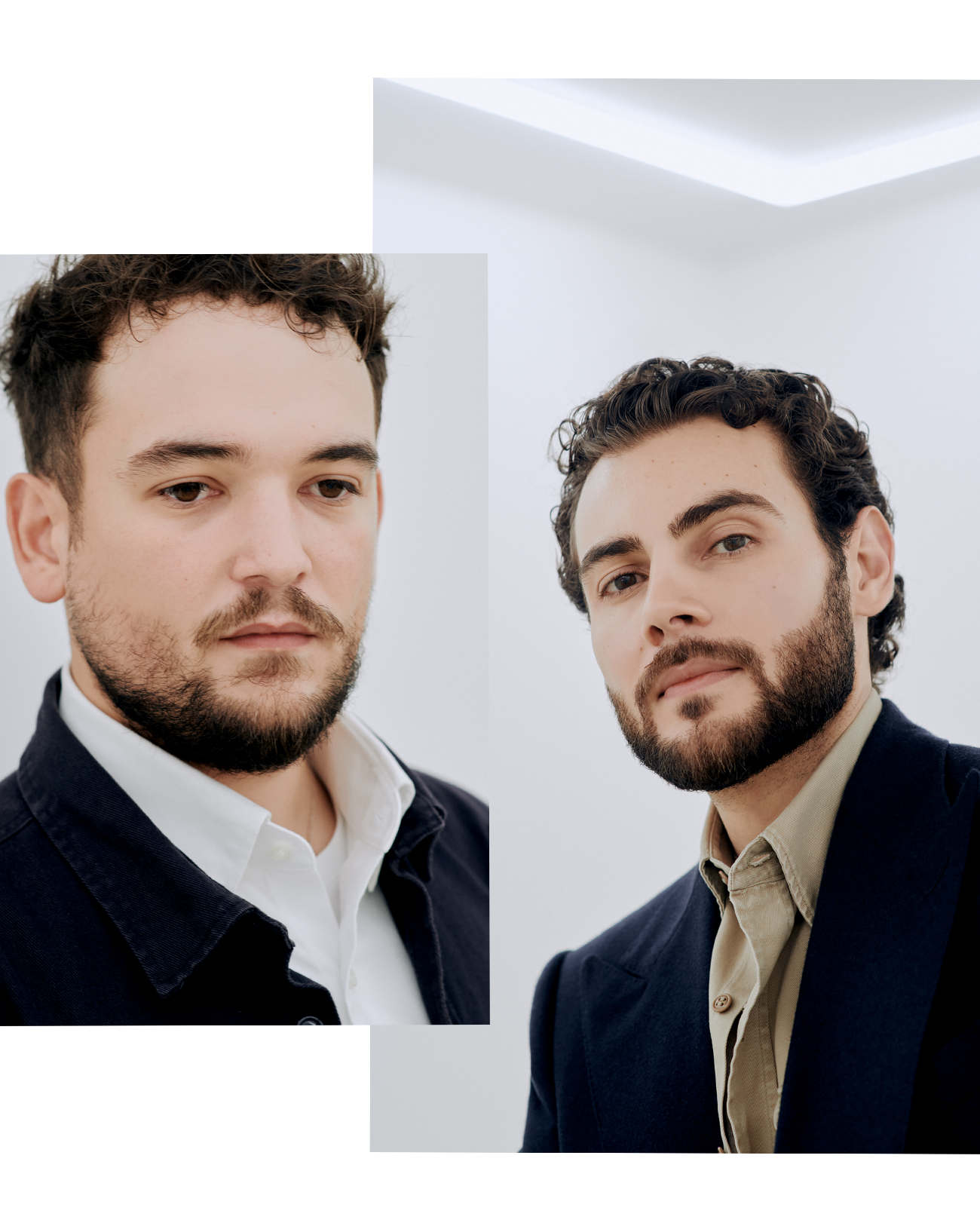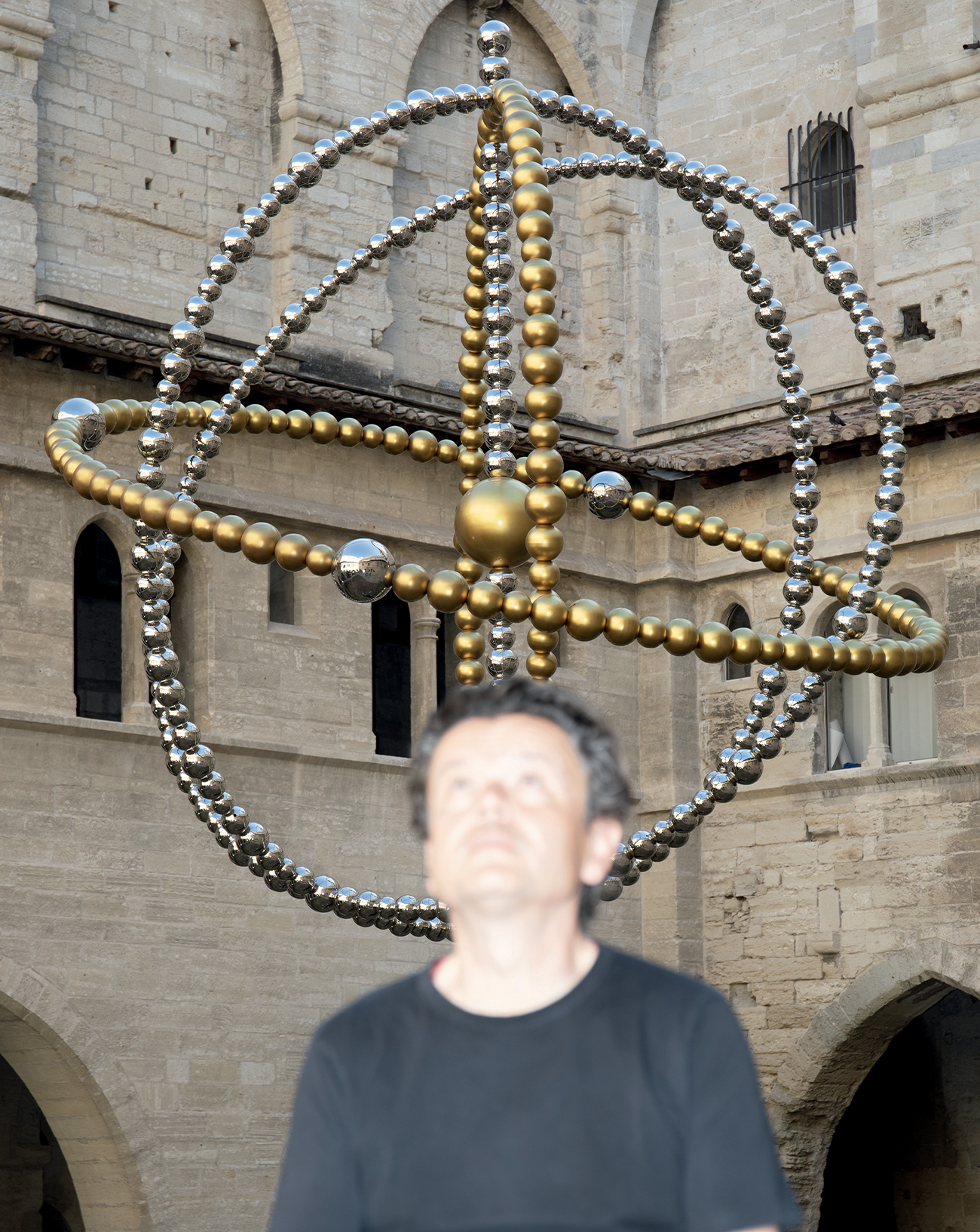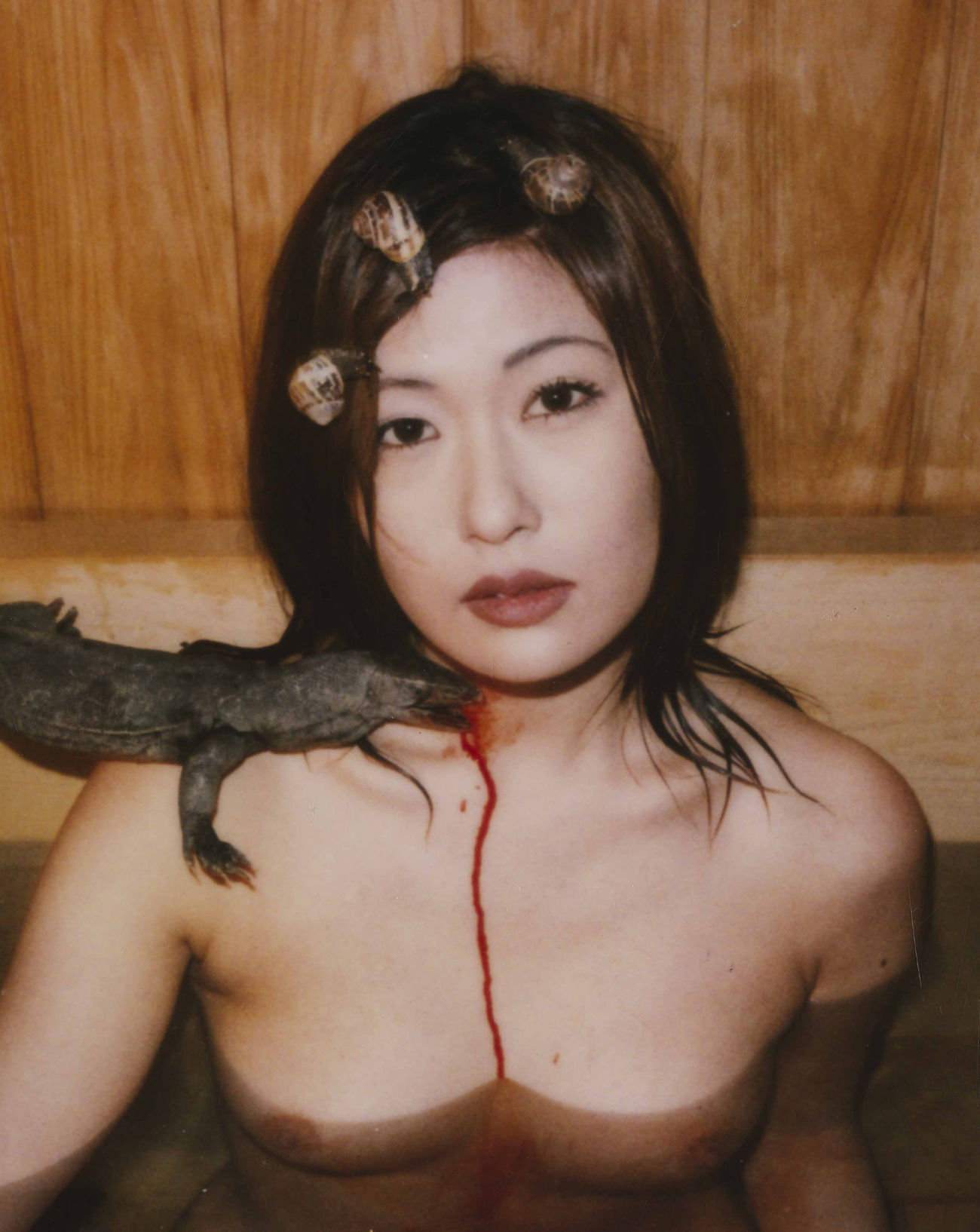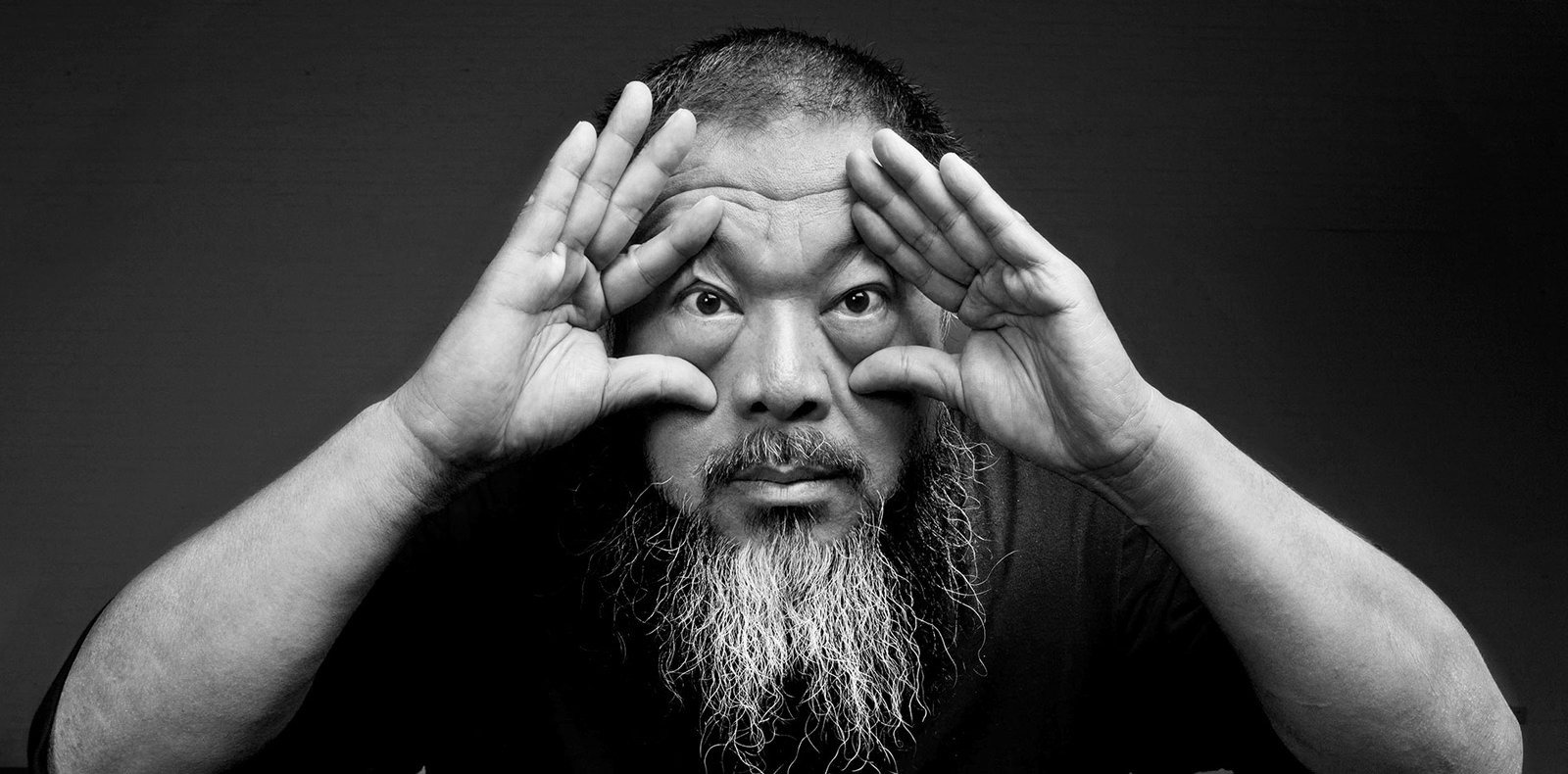
16
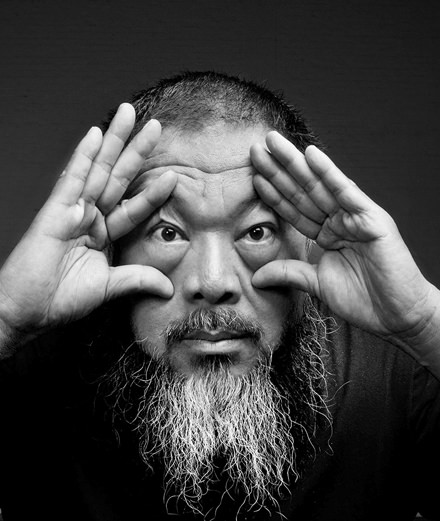
16
Ai Weiwei: “Art is only relevant, if it asks the most critical questions and expresses emotions with an innocent eye.”
The chinese artist Ai Weiwei presents his latest show at the Israel Museum in Jerusalem, Maybe, Maybe Not. On view until March 3, 2018 the exhibition looks at the notions of human rights, freedom of expression and, in a way, doubt.
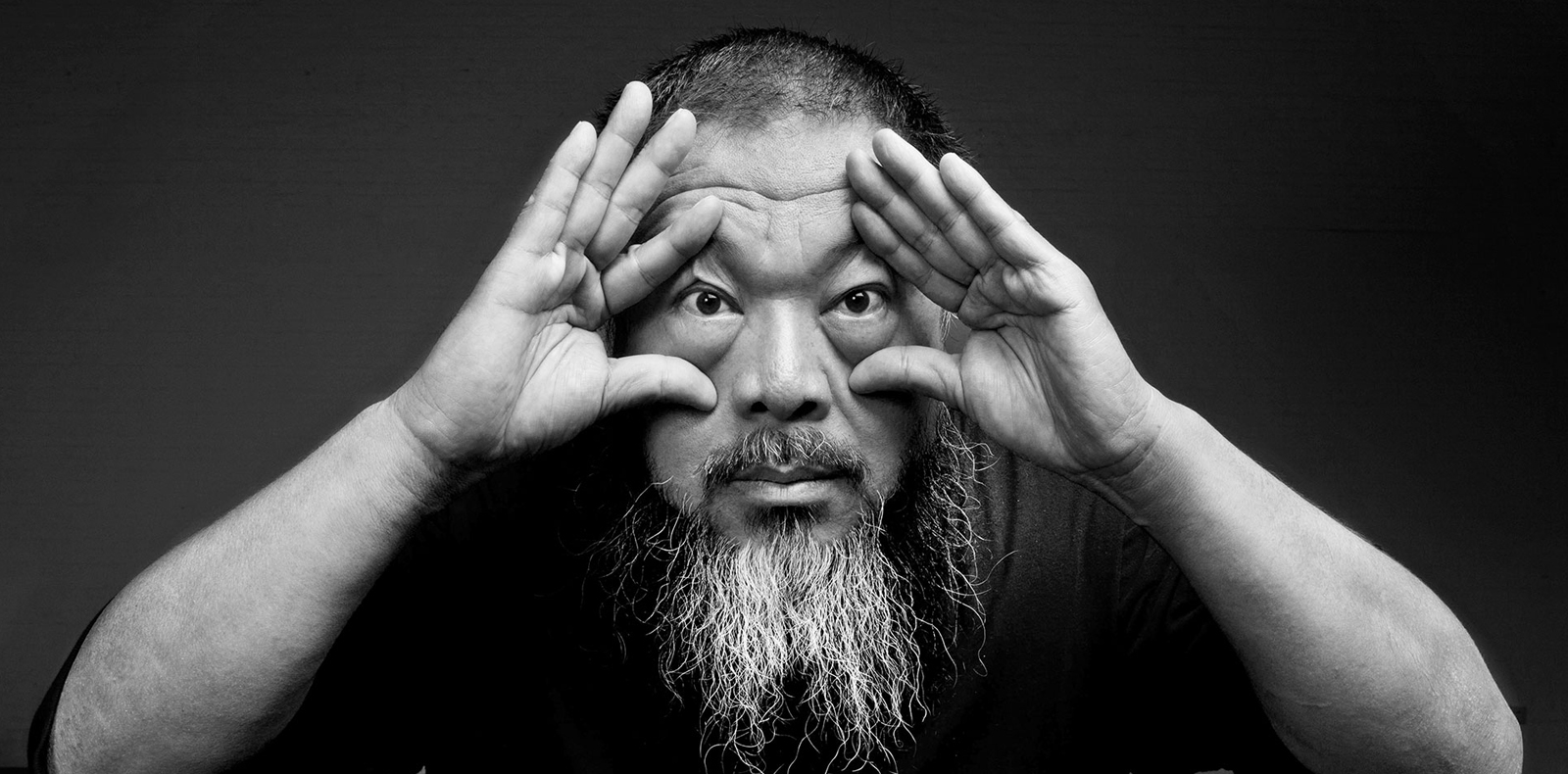
Ai Weiwei is one of the most influential artists of the last two decades. His latest show at the Israel Museum in Jerusalem, Maybe, Maybe Not, questions the impact of Art on our daily lives. Some works take a particular meaning in this country born in 1948 on the aftermath of a genocide. Dubbed a genius, an activist and a provocateur, Weiwei is also ubiquitous. In the last year only, the chinese artist who flipped the finger at Tiananmen Square has had simultaneous shows in cities around the world, including New York, Istanbul, Buenos Aires and Prague, to name a few.
From smashing neolithic pots for a photo-op to assembling logs of wood into made-up forests, Weiwei made his trademark out of -literally- breaking away from the past. And he paid a dear price for it. Jailed 81 days in a secret location in 2011 by the Chinese government, Weiwei probably owes his life to the international community who demanded proofs of his well-being. Labelled a dissident, he was later released but remained closely monitored by the police, unable to leave the country nor speak about what happened during his captivity. His installation S.A.C.R.E.D during the 2013 Venice Biennale revealed the extent of the horror, showcasing life-size replicas of his minuscule cell and around the clock surveillance system. Today, Weiwei lives and works in Berlin, tirelessly poking at our responsibility for the world we live in.
Numéro: In the age of Fake news and manipulation of the truth, what kind of power does Art hold to ask the right questions?
Ai Weiwei: The exhibition Maybe, Maybe Not was designed for the region’s cultural and political scene. It includes several new works that were designed for the exhibition and presented for the first time. The title of the exhibition expresses uncertainty, which not only reflects today’s global condition, but also specifically Israel’s geopolitical situation. What we have taken for granted, also known as the establishment, is quite unstable in dealing with the global political transformations of today. Art is only relevant, in any society and at any moment, if it asks the most critical questions and expresses emotions with an innocent eye. Very often these elements are missing or twisted within the political conversation, with violent conclusions.
You were physically abused and jailed for making political comments through your Art and for openly criticizing the Chinese government. For you, is there ever a separation between Art and activism?
Art functions like a mirror reflecting society. A society without art would have no soul and no understanding of ourselves could be established. That kind of society could be powerful, but also mindless, heartless, and self-destructive. Good art always speaks out the truth and that truth leads us to a more complete human understanding and better environment for everyone.
Soft Ground, shown at the IMJ, is a 250 square foot carpet weaved in the Hebei Province in China. It is a replica of the “Haus der Kunst” floor in Munich, where Nazi-approved art was displayed during the Third Reich. Beyond the notion of craftsmanship, the piece challenges the definition of taste throughout History. Who decides what constitute our heritage? Is the ‘Tabula Rasa’ approach ever relevant?
Soft Ground is a work which has its unexpected meaning only after it was allowed to be shown at the Israel Museum in Jerusalem. It is a carpet related to the Third Reich, which struggled to find this so-called “pure” meaning in art by sacrificing humanity, causing the biggest tragedy of the 20th century. By showing the carpet in relation to the history, this allows us to reflect upon the possibilities that history may still exert a profound weight on current human development. These qualities make this work relevant now more than ever.
“In the context of globalization, the handshake has become a meaningless act in the struggle for political advantage and friendship.”
Maybe, Maybe Not is effectively asking “Can Art change the world?”. Your first documentary, Human Flow, looks at migratory movements around the world by focusing on individuals, rather than the dehumanized populations seen in the News. The film premiered at the Venice Biennale. A good sign people actually care?
Human Flow tried to study and rationally cope with the understanding of the refugee condition today. The film has received a tremendous positive response from different levels of society. Unfortunately, the understanding of humanity as equal and the search for peaceful solutions are not necessarily commonly accepted rules for today.
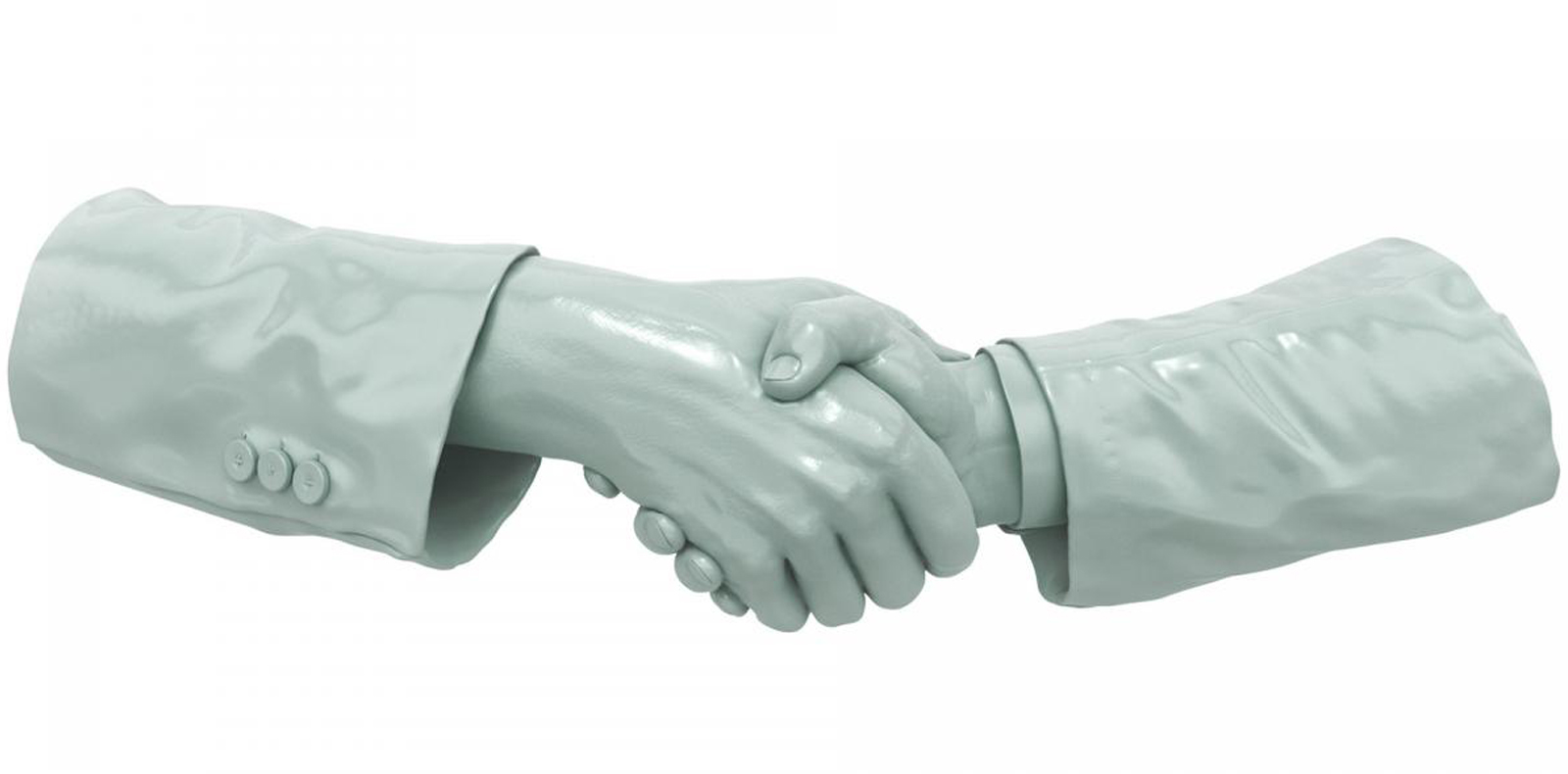
Speaking about the future of humanity, Hands without Bodies, created in collaboration with the IMJ, is a series of life-size porcelain sculptures inspired by a handshake between Emmanuel Macron and Donald Trump. The identities have been edited out to focus on the connection between people. Can our hope lie in the hands the world’s leaders?
The sculpture, Hands without Bodies, is fired in Jingdezhen, a Chinese city renown for over a thousand years for the highest quality porcelain production. The work reflects two unidentified grasped hands in a formal handshake gesture. In the context of globalization, the handshake has become a meaningless act in the struggle for political advantage and friendship. That simple human touch could also be seen as a gesture of trust or an unpredictable opening play.
You recently donated an edition of Hands without Bodies, worth $50,000, to BFAMI – British Friends of the Art Museums of Israel. The UK-based charity will use the proceeds to fund educational programs in Israeli’s museums. Rather than politics, could education be the bond which could save humanity?
As a society, fast moving and globally connected, the most vulnerable parts are often education. In established schools, the education method, moral structure, and the goal of education have to be reconsidered and challenged. At the same time, millions of children do not have the possibility to begin their education and this will have a lifetime of consequences, affecting all aspects of development and leaving a permanent scar in society. Investing in education is a way to invest in the future and to protect our children by securing an opportunity for them to understand art, culture, heritage, and respect for one another; to equip them so they may defend themselves from political manipulation.
The exhibition Maybe, Maybe Not is open at the Israel Museum of Jerusalem (IMJ) until March 3rd 2018.
Hands Without Bodies will be sold during the BFAMI gala at the Dorchester in London on January 16th, 2018.






